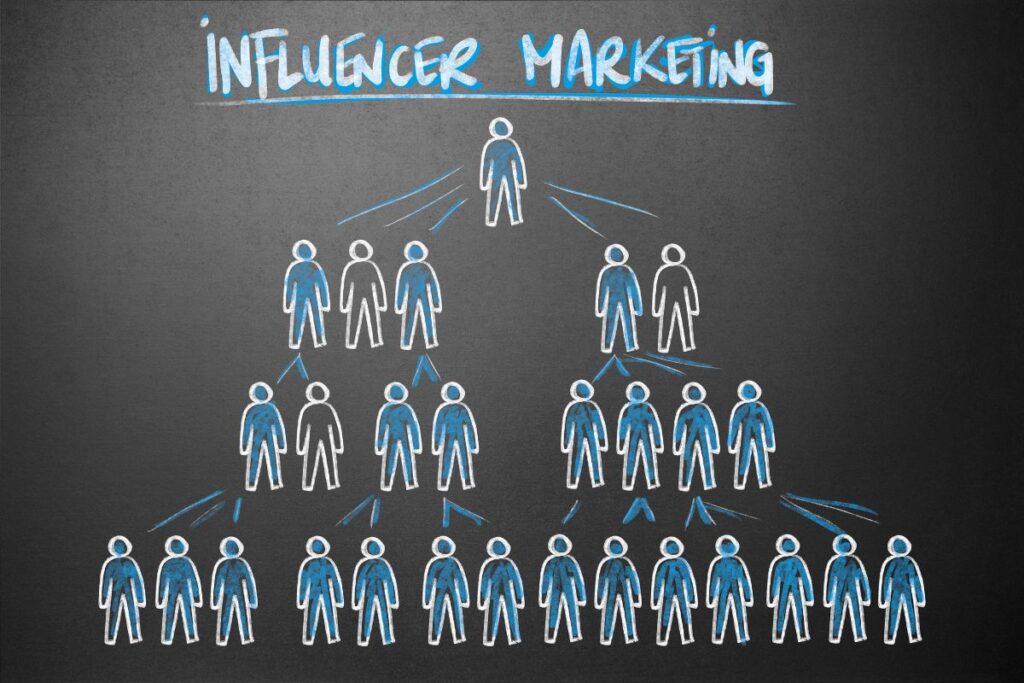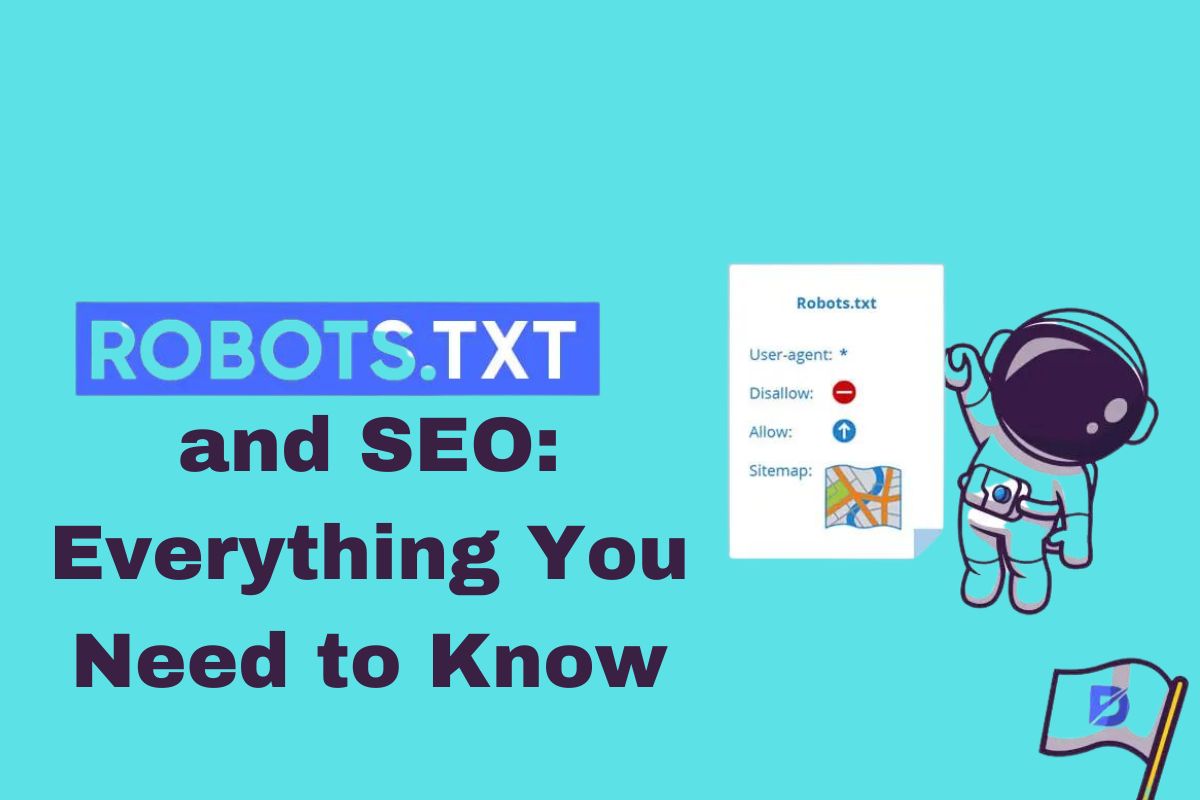The effectiveness of traditional advertising channels is declining in the era of ad blockers and information overload. Enter influencer marketing, a tactic that makes use of people with a devoted following and a solid reputation in particular niches. The article looks at the factors that have made influencer marketing so revolutionary for brands all over the world.
What is Influencer Marketing?
Influencer marketing is really about working with people who have a lot of influence on a target demographic. These influencers may be bloggers, social media celebrities, or even experts in the field. Brands may sell their products or services in a more relatable and interesting way by using their authenticity and reach.
The Power of Social Proof
People are wired to look to their peers for approval. By offering social proof, influencers serve as a bridge between brands and consumers. Because of the psychological belief that “if they like it, I might too,” when an influencer recommends a product, their followers are more likely to believe in and take the product into consideration.
Building Authentic Relationships
Authenticity is the fundamental component of effective influencer marketing. Brands in a better position to engage customers on a deeper level are those that value genuine partnerships over apparent advertising. Genuine relationships are developed by authenticity, which in turn builds trust and brand loyalty.
The Reach and Engagement Quotient
Influencers offer a prepared audience to engage with. This ready-made community may be used by brands to raise awareness and encourage engagement. The potential reach of an influencer increases with the size of their fan base and can be highly focused depending on their niche market.
Navigating Consumer Trust
Any effective business-consumer connection is built on trust. Influencers frequently enjoy a high level of trust from their followers because of their relevant and personal nature. Influencer-aligned brands can benefit from this trust by building rapport and credibility.
Micro vs. Macro Influencers
Size is not the only consideration when it comes to influencer marketing. Micro-influencers, who have dedicated but smaller fan bases, can occasionally produce better outcomes compared to macro-influencers. Their recommendations hit warmly with their audience because they seem more sincere and personable.
Crafting the Perfect Campaign
A successful influencer campaign requires careful preparation and stuff that is tailored to the influencer’s preferences and the audience’s interests. Whether it’s a blog post, a YouTube product review, or an Instagram takeover, the content should naturally reflect the influencer’s persona.
Measuring Success: Metrics that Matter
Monitoring relevant metrics is necessary to evaluate an influencing campaign’s performance. Engagement rates, click-through rates, conversions, and even sentiment analysis may be among them. These indicators offer useful information about the campaign’s efficiency.
Influencer Marketing in Different Industries
Influencer marketing can be used in any sector. Influencers cover a wide range of niches, including tech, travel, fashion, and beauty. Brands may locate influencers who cater to their target market to make sure their message is listened to.
The Future of Influencer Marketing
Influencer marketing will evolve along with technology and customer behavior. Future developments could include more advanced measuring tools, influencer selection that is driven by AI, and new content formats. It will be essential for brands looking to keep their competitive edge to stay on top of these changes.
Challenges and Pitfalls to Avoid
Influencer marketing comes with many advantages, but it also has downsides. Brands need to proceed with caution in considering influencer fraud, problems with authenticity, and potential concerns. These risks can be reduced by using an influencer approach that has been well-examined.
Case Studies: Success Stories to Inspire
Examining effective influencer efforts could provide insightful information. Case studies show the innovative ways in which businesses have collaborated with influencers to meet their objectives, whether they are the launch of a new product, a rebranding initiative, or even a rise in brand recognition.
Ethical Considerations
Influencer marketing raises ethical issues including disclosure and transparency. It’s necessary that influencers and brands disclose any compensated affiliations. Building trust through open communication also helps avoid any potential backlash.
Conclusion
Influencer marketing is a dynamic strategy that has transformed how brands communicate with consumers; it is not a passing trend. Influencer marketing fills the gap between companies and their target audiences by utilizing the strength of real connections, social proof, and customized content. Adopting influencer marketing will probably be essential to be current and successful as the marketing industry changes.
You may also want to read our informative post on the Power of Storytelling in Content Marketing if you’re interested in learning more about the world of efficient content tactics. Learn how effective storytelling can engage your audience deeply while also building connections that last.
FAQs
- What exactly is influencer marketing?
Ans: Influencer marketing involves collaborating with people who have a large following in particular niches to promote products or services in an authentic manner.
- Do micro-influencers or macro-influencers yield better results?
Ans: Each one has its benefits. While macro-influencers have a bigger audience, micro-influencers frequently provide larger and more active interactions.
- How can I measure the success of an influencer campaign?
Ans: Key metrics to monitor campaign effectiveness include engagement rates, click-through rates, conversions, and sentiment analysis.
- Is influencer marketing limited to certain industries?
Ans: No, influencer marketing is used across many sectors, including tech, travel, and the fashion and beauty industries.
- What challenges should brands be aware of in influencer marketing?
Ans: Influencer fraud, problems with authenticity, and moral reasons for being transparent and open should all be taken into consideration by brands.






